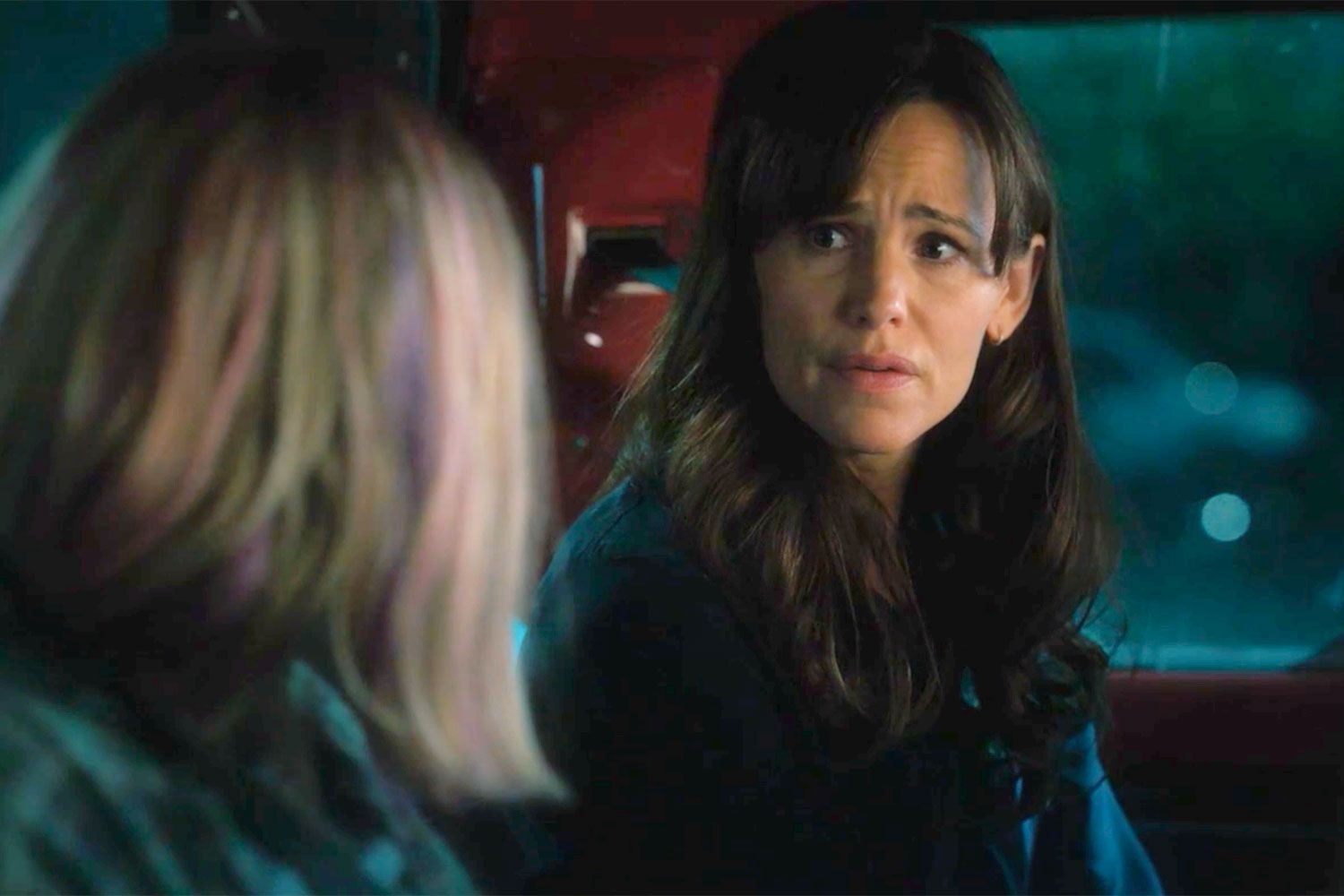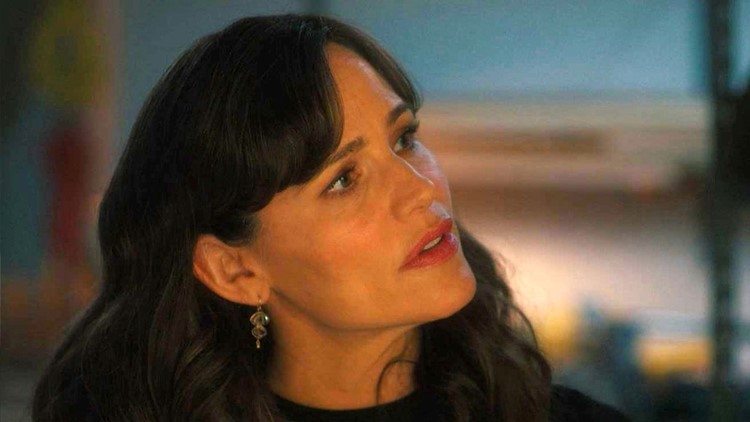
Undeniably, human connections run the gamut from the shallownest to the deepest and most profound relationships; however, it is probably those between men that fashion a person’s life in ways not dissimilar from romantic love. Sure, society twists the meaning of love into eroticized consummation through sexual intercourse, but male friendships can be just as emotionally deep. However, sometimes these friendships are stretched and thus end up in a painful realization: “He’s lost it.” This phrase, as you can imagine is not without emotions. From sadness and longing to confusion, regret, and somewhat agonized implications, there are emotions at multiple levels. We’ll try to investigate these reasons as well as an understanding of the emotional implication of this kind of male friendship .
Table of Contents
Male friendship: the nature
The character of male friendship is unique. Such relationships often show less evident emotional expression similar to female friendship and are often located about shared experience, activity, or friendship. Men bond about shared interests: sports, hobbies, work; and it becomes hard for them to express feelings. That does not make their relations any less deep. It rather gives an example of how men rather talk than say, relating and showing care through action instead of words.
These friendships, however, could be sensitive to changes that may make people feel left behind. Changes in life, shifting priorities, and personal conflicts are factors which drift friends farther apart. When a friend experiences abandonment or neglect, the “losing it” feeling may arise, and this is at the point of failure in the friendship.
Common reasons for losing a friend
Life changes
Life is full of transitions-graduation, new job, marriage, relocation, to name a few-that can drastically change the state of friendships. For example, when the friend becomes serious, starts having kids, etc., the time and energy required to feed and maintain the friendship might run out. The other friend may feel slighted or somehow shortchanged in this new life, and it dawns on the two that their once very close relationship really has changed.
Growing apart
Interests, values, and preferences evolve with growth. It may be the case that new passions are discovered or that different ways of achieving life goals become found. Growth is a completely natural process that usually brings sadness simply due to the fact that one clings to old habits and perceptions while the other grows toward new changes in life.
Poor communication and arguments
Communication is the key in any relationship. A small misunderstanding or any pending conflict can break the base of a friendship. If someone feels hurt or slighted but cannot express the feelings, resentment grows in them, which presents them with emotional distance from that person. In such conditions, when appearing as a slow return rather than an instantaneous break, the emotion of losing a friend may seem.
Mental health issues
Mental health problems can significantly affect friendships. A friend in depression, anxiety, or some other psychological problem may withdraw and become remote from people and their interpersonal relationships. Another friend who feels helpless or unable to help them may see the withdrawal as a loss of relationship. To keep compassion and empathy open, it’s important to know that mental health problems can shift dynamics.
Psychological pain of the loss of friendship
“She’s lost it”. These words evoke that tremendous sorrow. Many underestimate the emotional powers of grief following the loss of a friend, especially men. To hide those feelings, people may go through more social pressure, and the inner damage varies like this:
The last stage of friendship can possibly lead to grief, and men can actually grieve the shared moments, laughter, and friendships that define the relationships. The emotional pain can be deep because friends often become part and parcel of each other’s lives, thus allowing yourself to grieve is essential in carrying out the process and moving on.
Feeling isolated
Loneliness is one of the worst states that people experience during the breaking of friendships. Isolation can come as a result of missing close friends since it creates a gap that no other person can fill. Loneliness should be embraced, and finding new relationships takes some time and effort.
Identity crisis and self-reflection
Largely, it can cause some introspection in case one loses his friend. He may end up thinking about what those relationships imply, what values and, of course, his identity are. Self-reflection is a double-edged sword. On one hand, it can become a powerful tool for achieving a better life. On the other hand, it can make someone feel worthless or leave them with a lingering sense of self-doubt. It will be good to know in advance that those feelings might arise and seek help before such a reflex takes hold.

Re-establishing the relationship
It can hurt to lose a friend, but it also brings renewal and growth. Here are some strategies to navigate the emotional landscape of a lost friendship:
Open communication.
If the desire to keep the friendship going is still present, then an open dialogue must begin. Feelings, concerns, and desires must all be brought to the table to clear up any misunderstandings and revive connections. Honest conversations will breed vulnerability as well as intimacy. Both can work out issues and find common ground.
Accepting the Change.
Recognize that friendships can change. Opening yourself up to change instead of resisting it can actually usher in new avenues of relating with each other. Realizing that life changes are part of one’s growth helps friends find interests or activities that are aligned with their new level of development.
Make new connections.
If a relationship has run its course, then it is about time to have new friends, perhaps by being involved in a hobby, joining a club, or attending community events. Developing a support network can also minimize feelings of loneliness and foster feelings of belonging.
Self-care must be prioritized.
He’s Lost Him, It’s really tough going the emotional limbo after losing a friend. Always putting self-care at the forefront, whether be exercise, hobbies or therapy, helps get you out of this quagmire and positive for improving one’s well being. Of course, taking some much-needed time to reflect on what happened and taking care of the person is so crucial during these times.
Read More: The Art of Flirty Smoothest DM Slides: Mastering the Digital Approach- Click Here
Conclusion
“She’s Lost It” captures the poignant feelings related to losing a friendship. While the loss of a friend creates colossal pain, it also acts as an impetus to growth- self-exploration, and connection-making. Otherwise, if male friendships must become a means of opening up, then there must be awareness about the fact that male friendships lead an emotional life just like women. By making open communication, flexibility in changing, self-care among many others qualities that will gear them to overcoming lost friendships, men can be better prepared for better, more profound relationships in their futures.


